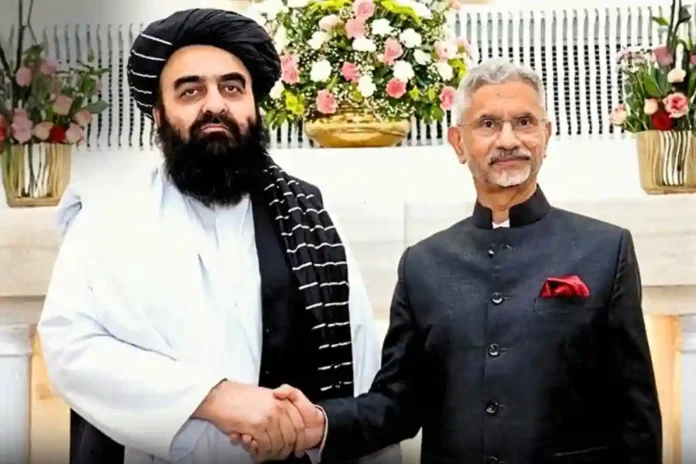Both countries see significant potential for joint work in cotton farming, skills development, and trade facilitation.
India and Afghanistan held high-level discussions in New Delhi on Sunday aimed at expanding cooperation across the cotton and textile value chain. The Afghan delegation, led by Shafiullah Azam, Director General of Economic Relations, met with a team headed by A. Bipin Menon, Trade Advisor to India’s Ministry of Textiles.
Talks centred on strengthening Afghanistan’s textile ecosystem, expanding employment in cotton and garment manufacturing, and enhancing training programmes for farmers and workers. With India exporting USD 68.7 million in textile goods to Afghanistan in 2024 — and Afghanistan importing USD 742.8 million globally — both sides underscored the complementarity in trade. Kabul also requested technical support from India, the world’s second-largest cotton producer, particularly in agronomy, skill development, and supply chain capacity-building.
For Afghanistan, building a stronger domestic textile base is critical for rural livelihoods and reducing import dependence. For India, deeper engagement offers an opportunity to expand market access, strengthen regional economic ties, and position Indian expertise as a cornerstone of Afghanistan’s textile revival. Discussions on easing visas, improving shipment logistics, and enabling industry-to-industry engagement suggest a push toward more predictable trade flows.
India encouraged Afghanistan to participate in Bharat Tex 2026, signaling an intent to integrate Afghan stakeholders into wider global textile networks. Both delegations concluded with a shared view that structured cooperation — from farmer training to trade facilitation — could unlock significant long-term gains. Further technical consultations are expected as the two countries explore concrete projects under this emerging partnership.



